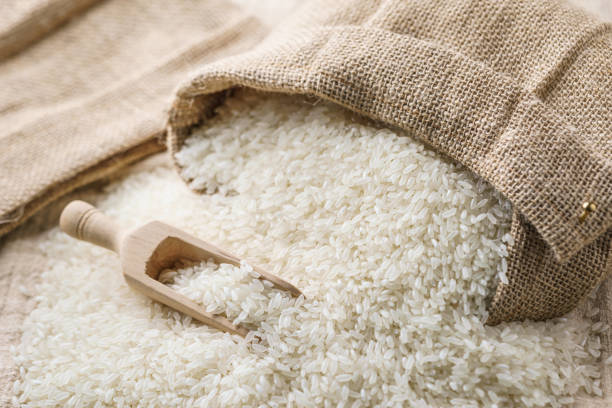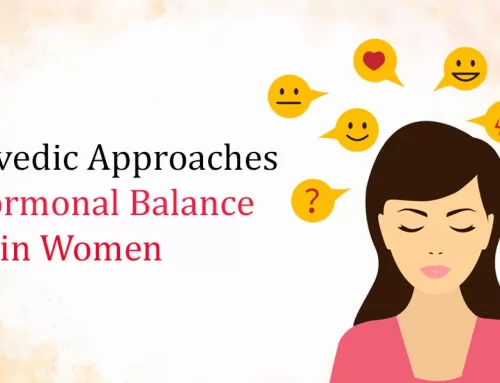Rice is a staple food of many states in India and can be found in almost every Indian household. It is widely consumed in most parts of the world. But there are several myths attached to rice that makes it difficult for people to consume rice without apprehension. There is always an ongoing debate about rice among people. Questions like whether white rice is healthier than brown rice? Does it lead to weight gain? Is it okay to eat rice at night, etc? What are the myths about rice? Let us unfold each of them.
Speaking of the nutrient content of rice, white rice is higher in carb content. A cup of white rice has around 35 gms of carbohydrates. It has 165 calories and 3-4 gms of proteins. Rice ultimately gets broken down into glucose in the gastrointestinal tract like any other carb. The fiber content in white rice is less compared to brown rice. Brown rice is rich in vitamins and minerals, manganese, selenium, phosphorus and magnesium.
Myth 1: Diabetics should not consume rice
In India, people consume rice with curd, cooked vegetables, dal or ghee, which makes the meals balanced. Yash Birla includes everything in his meals and suggests that everything should be eaten in a specific proportion.
Eating rice with other accompaniments reduces the glycemic index of meals, says Yash Birla.
Thus, it is completely safe for diabetic patients to have rice. But this doesn’t imply that people with diabetes can have as much rice as they want. Excess of anything is bad, and rice consumption is okay until it is taken in limited quantities.
Myth 2: Rice makes you fat
What are the myths about rice? Trending fad diets today do not include rice consumption at all. This myth is probably the reason behind it. However, this is untrue. Rice is easy to digest, low in fat and is also cholesterol-free. It contains carbs which makes it a good source of energy.
Myth 3: Rice has high salt
This is another myth about rice that holds no facts. The sodium content in rice is relatively low, and thus, it causes no harm to the body.
Myth 4: Rice contains gluten
It is a myth that rice has gluten. But the fact is that rice is gluten-free and does not cause any allergies associated with other grains. Foods with high gluten content are unsafe for people with diabetes and those on a weight loss regime.
Myth 5: Rice should not be eaten at night
Rice is easy to digest, and it helps improve the quality of sleep. It increases leptin sensitivity. Leptin is made by fatty tissue that regulates fat storage in the body. Moreover, carb-rich food can be eaten at night because they get metabolised into glucose. Carbs get converted into glucose at night whereas, during the day, it gets converted into fat.
Myth 6: Brown rice is healthier than white rice
Since brown rice has high fiber content, it is often promoted more to consume by fitness experts. But excessive fibre in brown rice hinders the absorption of certain minerals in the body. These minerals are also essential for your body, so having brown rice may cause problems in getting other nutrients.
Myth 7: Rice has no protein
The second most abundant nutrient in rice is protein. One cup of rice contains around 3-4 gms of protein. This amount is high as compared to other grains says Yash Birla.
Myth 8: Rice is difficult to digest
The opposite of this myth is true. Rice is prebiotic, which is a food for probiotics. Enzymes secreted in the human digestive tract are good at digesting rice. Rice helps to have a strong gut and keeps constipation at bay. As per Ayurveda, rice is suitable for all kinds of constitutions or doshas – Vata, Pitta, and Kapha, says Yash Birla.








Leave A Comment